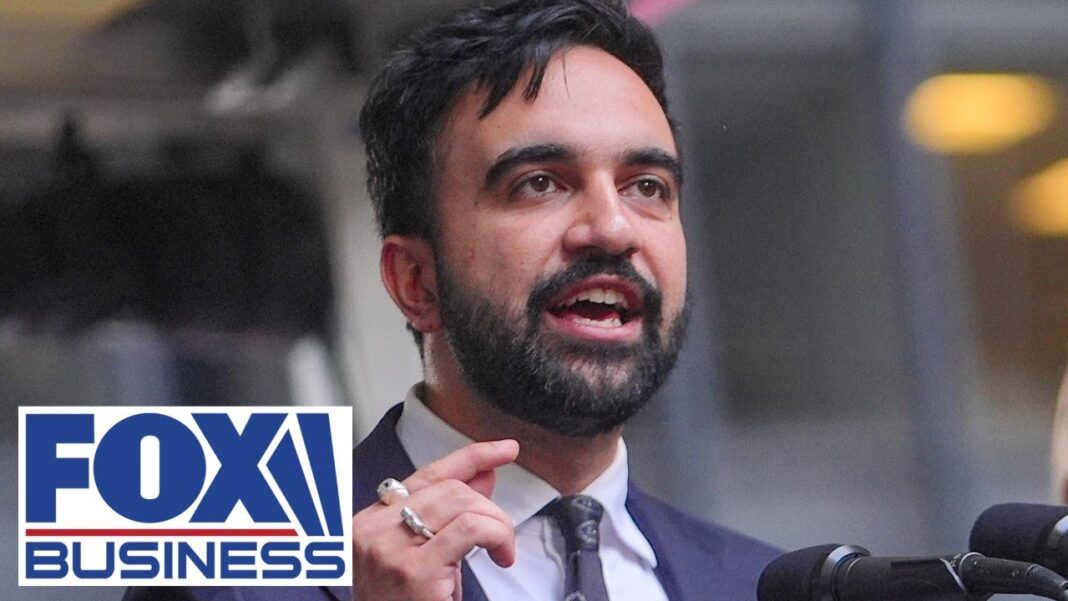The administration says the six-figure charge protects U.S. jobs, while lawsuits describe it as federal overreach that will hurt employers.
The federal government has issued new guidance on the Trump administration’s $100,000 H-1B visa fee, outlining payment procedures, eligibility, and limited exemptions under a policy aimed at discouraging the replacement of U.S.-citizen workers with cheaper foreign labor and driving down wages for Americans.
The guidance, published by the U.S. Citizenship and Immigration Services (USCIS) on Oct. 20, marks the first formal implementation document following Trump’s Sept. 19 proclamation establishing the one-time $100,000 fee for new H-1B visa applications.
Trump said in his proclamation that the measure is designed to curb “systemic abuse” of the high-skilled visa system and protect U.S. workers—especially in the fields of science, technology, engineering, and math.
The president alleged that many companies were exploiting existing rules by laying off their U.S.-citizen workforce and replacing them with cheaper H-1B workers. When announcing the changes, Trump told reporters in the Oval Office that their aim was to encourage companies to hire American citizens.
What the Guidance Says
The new USCIS guidance spells out how the rule will work. The $100,000 fee applies to petitions filed on or after Sept. 21 for foreign workers outside the United States who do not already hold a valid H-1B visa. The petitioning employer must make the payment through the federal government’s Pay.gov portal at the time of filing.
Petitions filed before Sept. 21 are exempt, as are those seeking amendments, extensions, or changes of status for workers already in the United States, provided the requests are approved. The fee also applies to petitions requesting consular or port-of-entry notification for workers abroad.
Employers must include proof of the fee payment when filing, and any petition submitted without that confirmation will be denied, USCIS said.
While the new guidance does not address who bears the cost of the $100,000 visa fee, federal labor rules prohibit employers from passing USCIS petition fees to workers. A Labor Department fact sheet states that H-1B employees “can never be required to pay” statutory processing or filing fees, which are considered employer expenses.
USCIS also noted in the new guidelines that a worker whose petition for a change or extension is approved inside the country will not become subject to the $100,000 payment, even if they later depart and apply for a visa abroad or re-enter using a current H-1B visa based on the approved petition.
By Tom Ozimek







